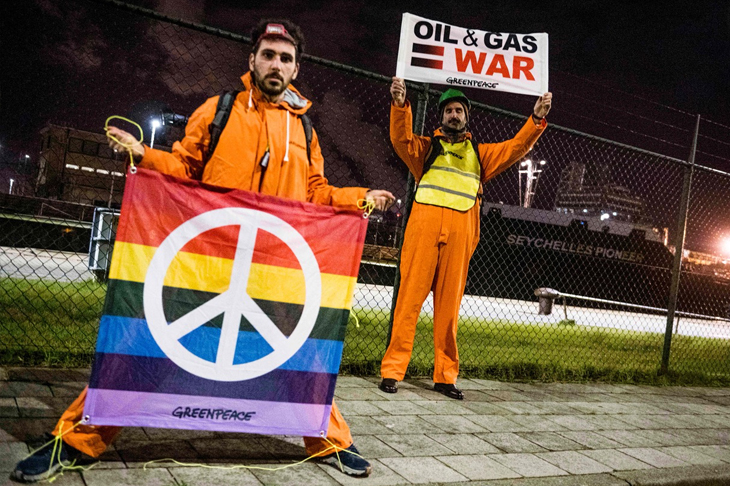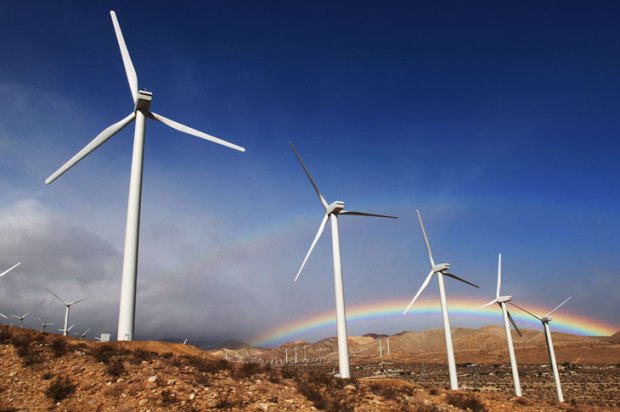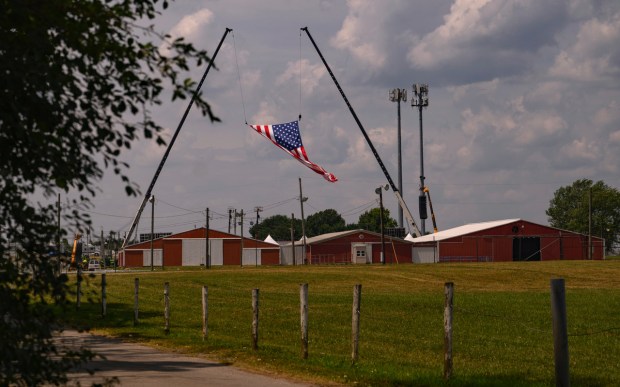Power grids transitioning to renewable energy generates great debate, but no one is discussing the Australian government’s transition into madness, marked by bouts of delusion and dissociation from reality on any issue involving climate.
An obvious area of denial is the chaos in power grids, with wholesale electricity prices spiking and major users being paid to stay off the grid to balance supply.
Already a subscriber? Log in
Subscribe for just $2 a week
Try a month of The Spectator Australia absolutely free and without commitment. Not only that but – if you choose to continue – you’ll pay just $2 a week for your first year.
- Unlimited access to spectator.com.au and app
- The weekly edition on the Spectator Australia app
- Spectator podcasts and newsletters
- Full access to spectator.co.uk
Or
Unlock this article
You might disagree with half of it, but you’ll enjoy reading all of it. Try your first month for free, then just $2 a week for the remainder of your first year.












Comments
Don't miss out
Join the conversation with other Spectator Australia readers. Subscribe to leave a comment.
SUBSCRIBEAlready a subscriber? Log in